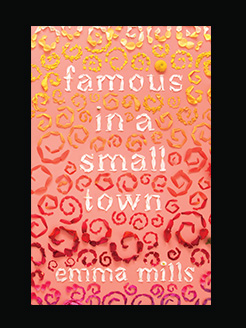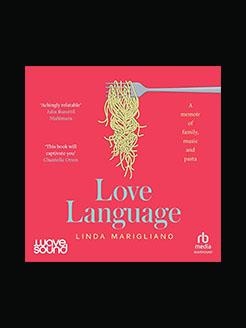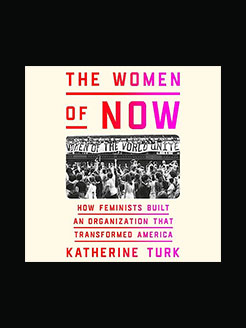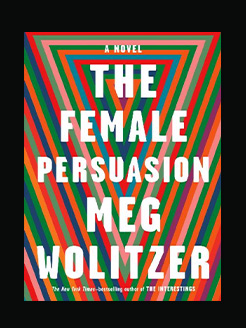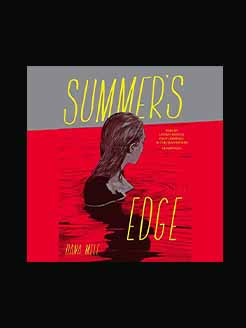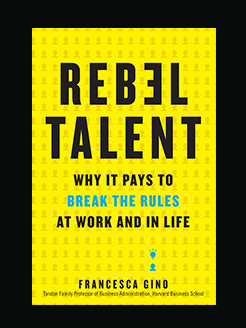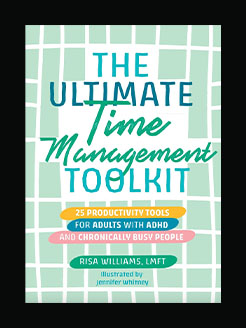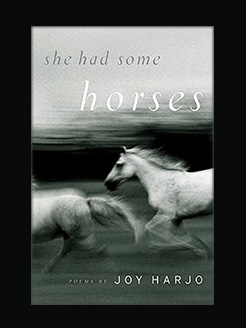Published in 1981
4 pages
Poet, novelist, activist, and mother of two, Audre Lorde grew up Harlem in the 1930s. She earned a master’s degree in library science from Columbia University and received a National Endowment for the Arts grant. She is the author of 12 books. She died in 1992.
What is this book about?
The Uses of Anger: Women Responding to Anger is a speech given in 1981. In it, Audre Lorde discusses anger against racism and the delegitimization of that anger by white women. Too often, anger is viewed as “divisive” to feminism or “scary” for white women to deal with. Lorde argues that this is because mainstream culture doesn’t want us – either people of color or white folks – to respond to racism, but instead to stifle our feelings and honesty. Anger she thus reframes as a source of power, energy, and knowledge. Anger, for her, is an understandable response to racism and being silenced and must be listened to. She notes that white women often fear the anger of women of color more than their own racist attitudes; they are more afraid of being criticized and feeling guilty than perpetuating violence and pain towards women of color. The anger of women of color against racism should instead be viewed as a means of survival and a striving towards justice; not merely a way to make white people feel bad. Guilt, Lorde argues, is a useless emotion because it does not lead to action or provide a critique to power systems; anger does. The questions and arguments brought up by Lorde are critical to help us examining our own views of anger and emotions in organizing as spaces of knowledge, energy, and honesty. How do we use and experience our own anger at white supremacy? How do we acknowledge and support the anger of others in healthy and constructive ways? —by Abaki Beck
